
Stakeholder roundtable
Monday, 24th July, 16:30-18:00
Failing food systems promote food and nutrition insecurity, power imbalances, inequity, poverty and social exclusion. One of the main levers of food systems transformation is its anchoring in community ownership. There is a need to acknowledge the existence of power asymmetries among food systems actors and support the participation of the most vulnerable stakeholders such as youth, women and Indigenous Peoples in the food systems improving outcomes debate. It is also critical to address the trade-offs among the food systems dimensions and conciliate the divergent interests of all stakeholders for a shared vision on the solutions for sustainable food system transformation.
There is an imperative need to address the large, and persistent inequalities across the food system chain. These inequalities relate to access to mean of production, access to knowledge and finance and ability to engage with and gain from modern value chains. This translates into power asymmetries, inequity, social and economic and financial exclusion of the most vulnerable population groups. In March 2023, 46.9 percent of the world population - that is 44 million people - were living in poverty.
The session will focus on the following questions:
- Building an integrated vision on the aim and solutions to a sustainable food system transformation: how to support effective integration of other global agendas and conciliate stakeholders’ divergent interests?
- Structured and coherent collective action towards sustainable FS transformation across all the food system dimensions: what are key practical ways to engage in efforts pooling and convergence with other global agendas?
- What are the main steps of actions from stakeholders to keep the momentum and further accelerate bold transformation towards the next milestone events (SDG Summit, COP 28 and UNFSS in 2025)?
The session will support the articulation of the food systems transformation agenda with other global agendas at the regional and country levels through the showcasing of experiences, best practices, and lessons learned on effective and promising stakeholders’ initiatives for structured and coherent action and support to the implementation of national pathways.
Speakers
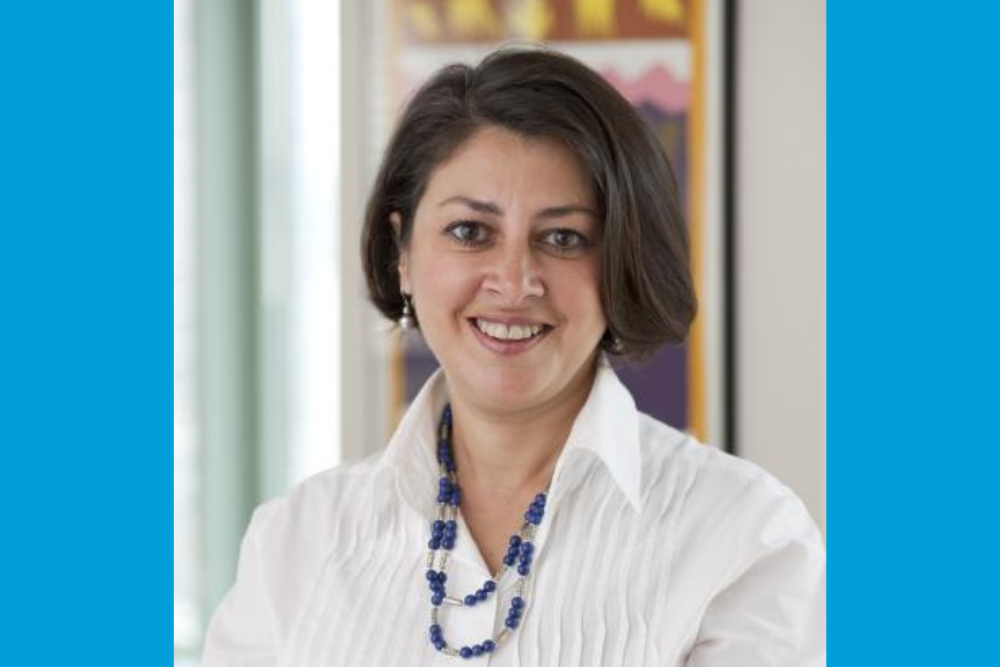
Ms. Afshan Khan
Global Coordinator, Scaling Up Nutrition (SUN)
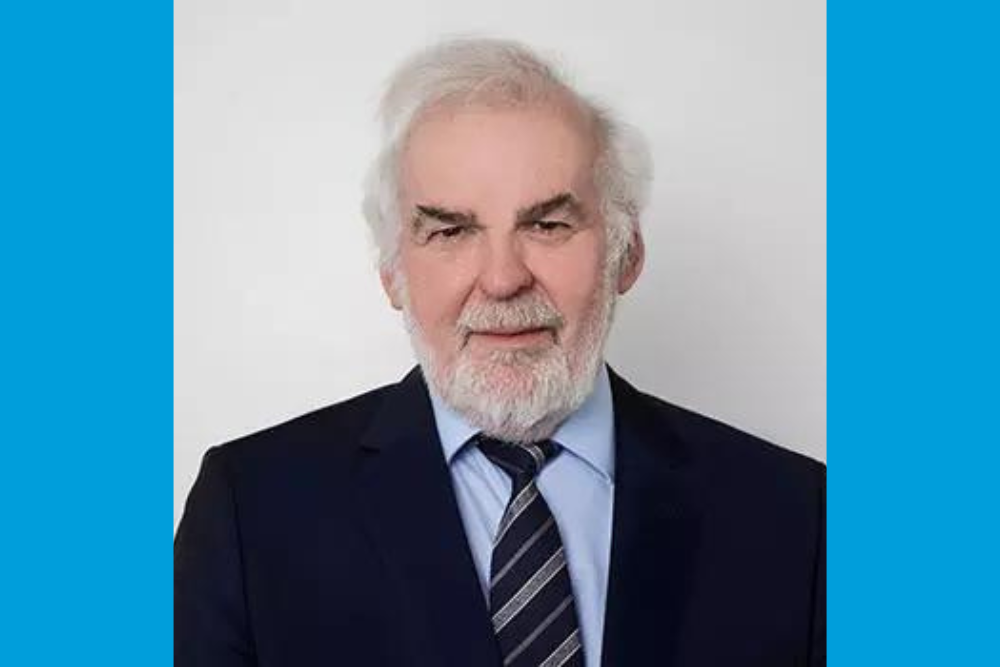
Mr. Tom Arnold
Chairperson, Stakeholder Group for Food Vision 2030, Ireland Agri-Food Strategy to 2030
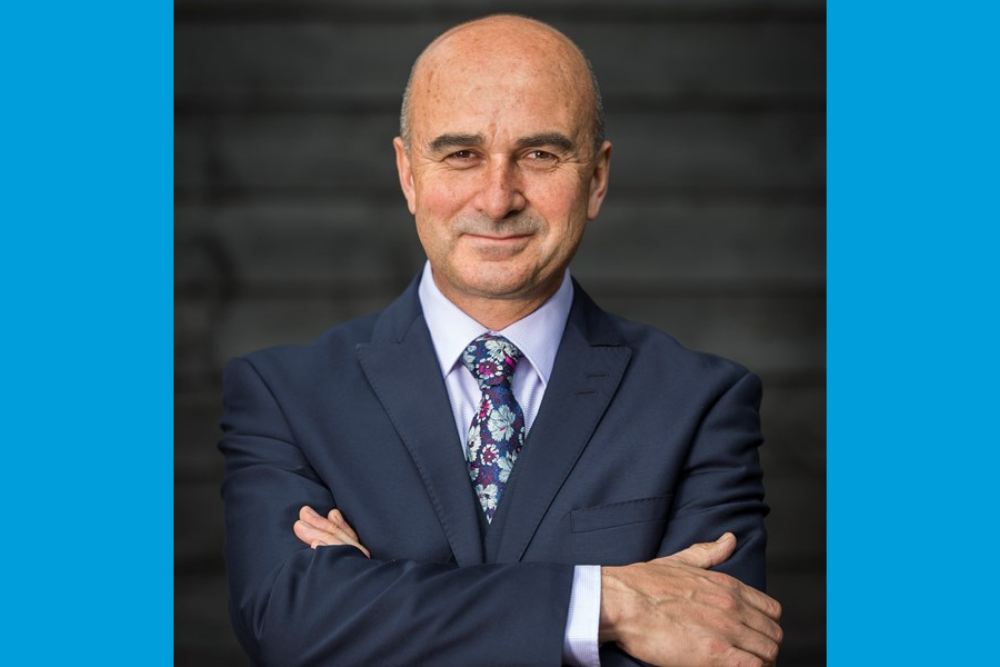
Mr. Philip Lymbery
CEO Compassion in World Farming (CIWF)

Ms. Diane Holdorf
Executive Vice President, World Business Council for Sustainable Development (WBCSD)

Mr. Rocco Renaldi
Secretary General, International Food and Beverage Association (IFBA)
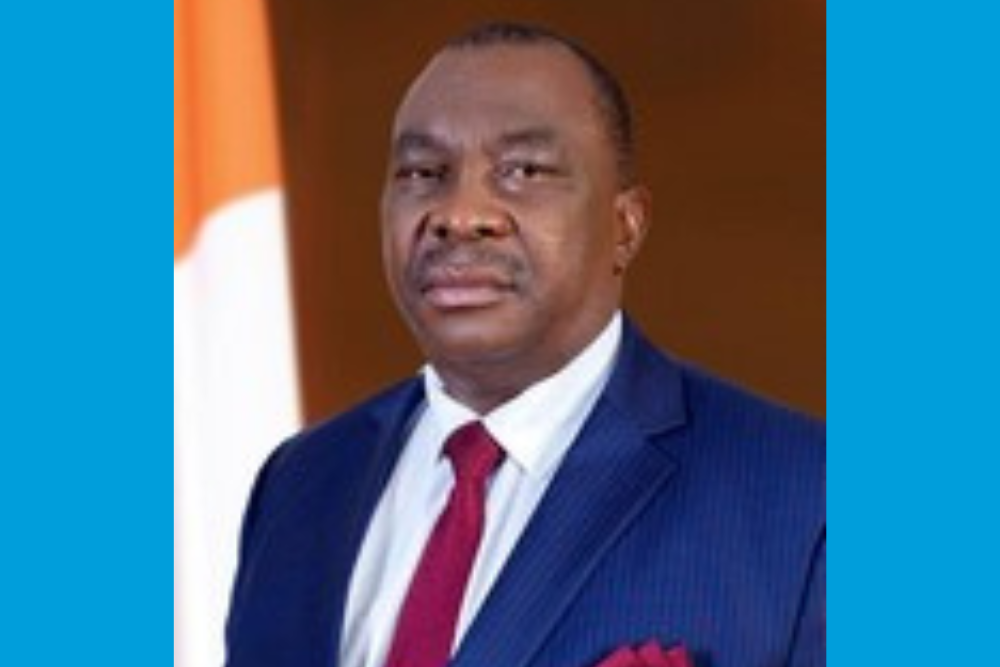
H.E. Mr. Kobenan Kouassi Adjoumani
Minister of State of Agriculture and Rural Development, Côte d’Ivoire

Ms. Glindys Virginia Luciano
Network Engagement Coordinator at Young Professionals for Agriculture Development (YPARD)
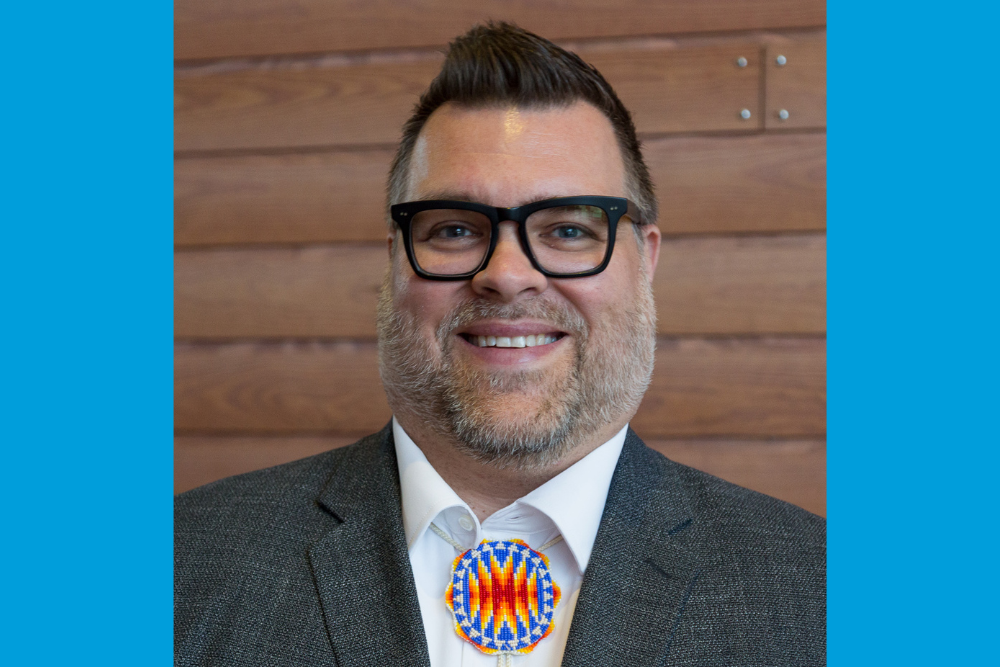
Mr. Geoffrey Roth
Vice-Chair of UN Permanent Forum on Indigenous Issues

Ms. Arianna Giuliodori
Secretary General, World Farmers’ Organization (WFO)

Ms. Mansi Shah
Senior Technical Coordinator, Self-Employed Women’s Association (SEWA)
Interventions from the floor
Representatives from:
- Agroindustry in the Arab world
- Bangladesh Rice Institute
- Consortium of International Agricultural Research (CGIAR)
- Consumers International
- Finland
- Guatemala
- Ohio State University
- Self Employed Women’s Association (SEWA)
